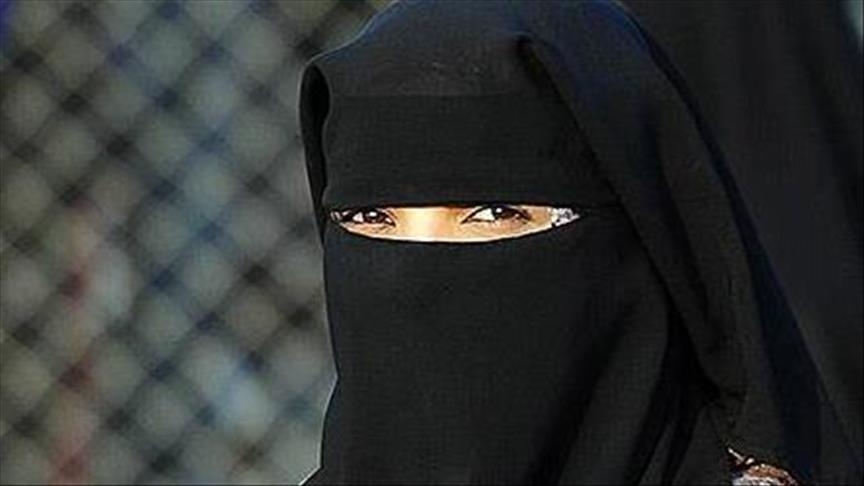
Northern Ireland’s first opposition parties emerge
18 years after a landmark peace deal, two political parties decide not to join the region's compulsory coalition government
By Michael Sercan Daventry
LONDON (AA) - In most Western democracies, the existence of political opposition parties is taken for granted.
Parties that win a large number of seats, but not enough to govern, are routinely given a privileged position in their country’s parliament to help them scrutinize the governing party’s work.
Depending on the system, opposition parties can receive increased speaking rights in the chamber, a public salary for the party leader and a taxpayer-funded budget to appoint members of staff.
Until this month, Northern Ireland had none of these.
Under the terms of an 18-year-old peace deal, the region’s government must be a partnership between British unionists, who want to remain part of the United Kingdom, and nationalists who favor union with the Republic of Ireland.
The peace deal, the 1998 Good Friday Agreement, was already a monumental undertaking because it forced representatives of these two sides – communities that have clashed along sectarian lines for decades, often violently – to work together.
-Fragile beginnings
But the government can become unstable in an instant. It teetered on the brink of collapse as recently as Sept. 2015, when some unionists staged a walkout over reports the IRA was still an active organization.
Introducing an organized political opposition into the mix seemed excessive when the government’s stability appeared to be at stake.
However, elections to the Northern Ireland Assembly on May 5 revealed something showing that times had moved on: for the first time, people who were born the same year as the Good Friday Agreement and who had no memory of the region’s violent past were old enough to vote.
These teenagers – often called the 'Good Friday generation' – appeared before the election alongside Northern Ireland’s politicians in a panel debate televised by the BBC.
The questions they asked on the program – about university education and the controversial issue of abortion – suggested young people cared less about sectarian issues and more about matters that concerned their daily lives. One asked whether it was time Northern Ireland had an opposition party.
-A change in direction
Doug Beattie, a lawmaker from the UUP, a smaller unionist party, signaled agreement in his reply: “Any real democracy has a government and an opposition to hold it to account, and yes we need an opposition”.
Three weeks later, UUP leader Mike Nesbitt announced his party would break with 18 years of tradition and not join the partnership government between unionist and nationalist parties.
“We are convinced the right thing to do for the country is to forego our entitlements in government and establish an official opposition, to both scrutinize the work of the next Executive and offer the electorate something different next time around,” he said in a statement announcing the decision.
He added: “This heralds a new era for devolved politics at Stormont [parliament], and a big, bold step forward to normal democracy for Northern Ireland”.
Days later Nesbitt’s UUP were joined in opposition by an Irish nationalist party, the SDLP, whose leader Colum Eastwood said: “I think it is important though that those parties who aren't in the Executive work together to try and show that we can be an alternative to the two main parties”.
The decision meant that for the first time both unionists and Irish nationalists were represented in both government and opposition.
-New responsibilities
The UUP and SDLP will both be given taxpayer-funded support to oppose the government’s plans. This will include extended speaking times in the Northern Ireland Assembly and at least 10 days in which the chamber has to debate opposition business.
Their aim – as in most Western democracies – will be to demonstrate to Northern Ireland’s voters that there are alternative choices available at the next election.
In the words of John McCallister, a former lawmaker who proposed introducing a system for official opposition parties, it presents “a marvelous opportunity for Northern Ireland to nudge towards more normal politics”.
“The narrative that there is no such place as opposition is now defunct, and the automatic assumption that parties are compelled to join the executive, no longer exists,” he wrote in the unionist News Letter newspaper earlier this year.
“This is normal politics and this is what the Opposition Act offers. This provides real choice for the public and poses real and difficult decisions for the political parties and that is what real politics is about.
“An opposition also offers additional scrutiny, accountability, and a government-in-waiting. These things should not be underestimated.”
But Northern Ireland’s new opposition parties will have ample time to exploit their position – the next Assembly election will not be held until May 2021.
Kaynak:![]()
This news has been read 737 times in total









Türkçe karakter kullanılmayan ve büyük harflerle yazılmış yorumlar onaylanmamaktadır.